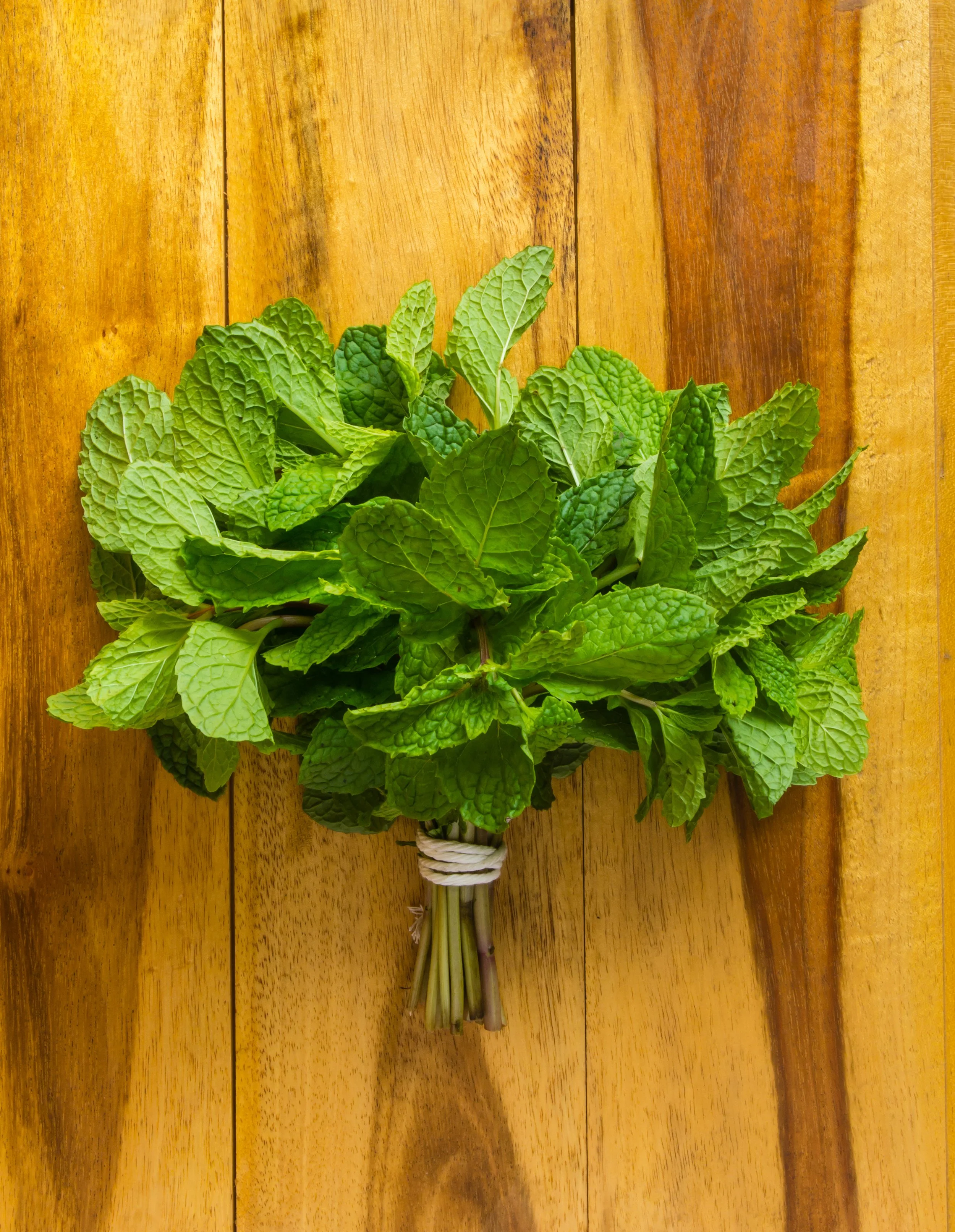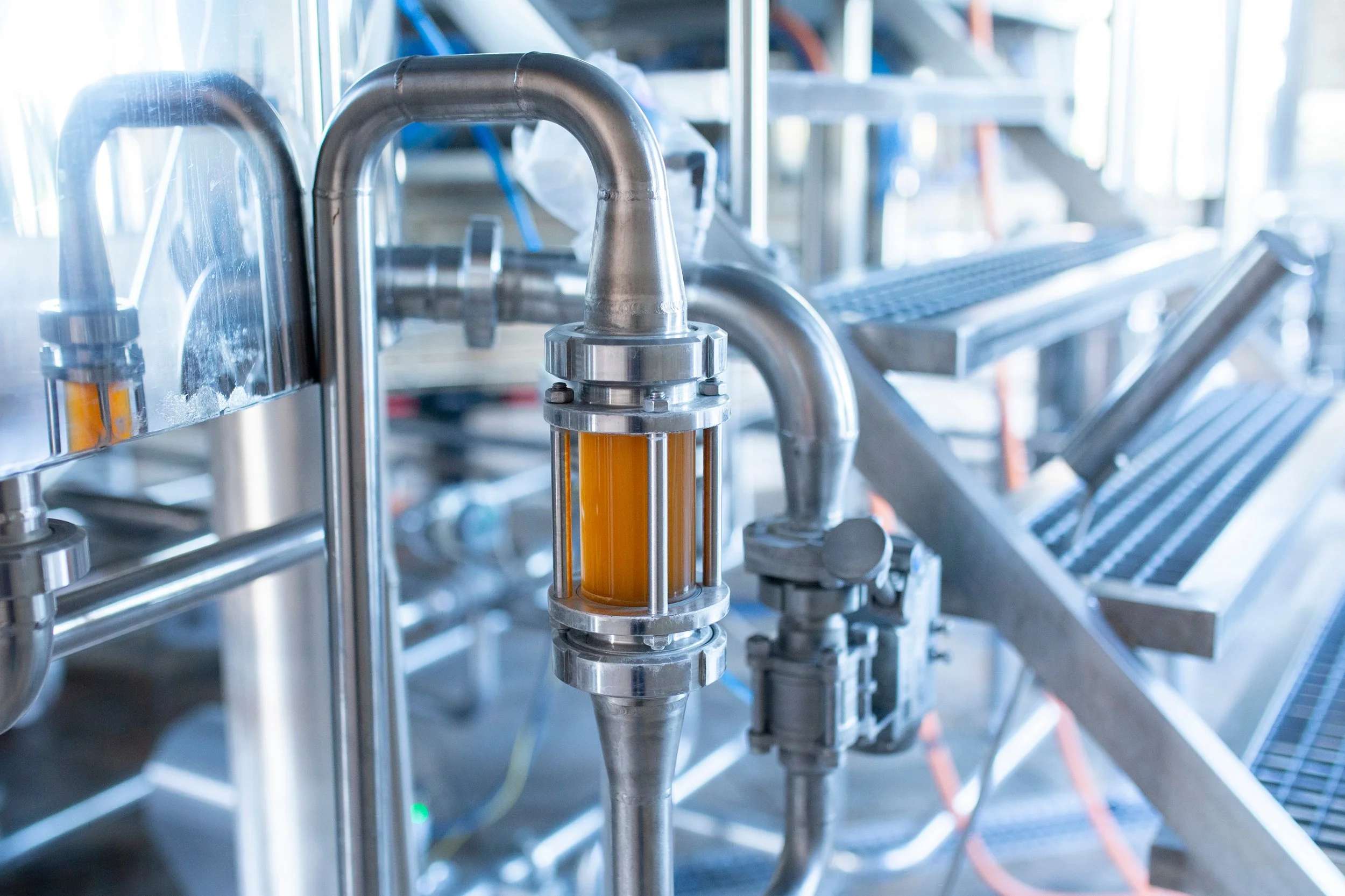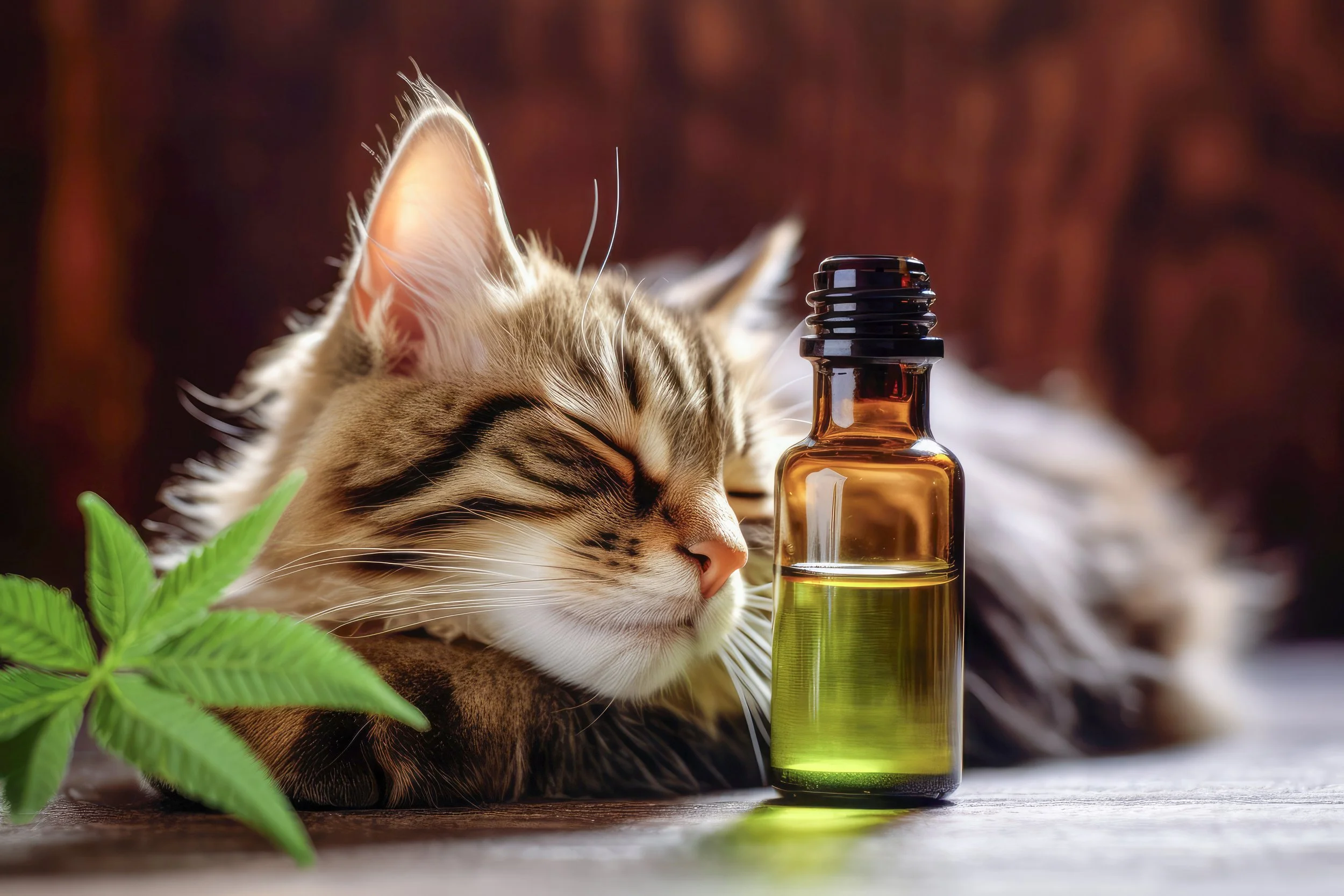Exploring a refreshing essence: The signifance of peppermint
Everyday here at Gold Lion Farm, we get questions on essential oils! Are fragrance oils and essential oils the same? Are they safe to eat? Do they really work? While some may dismiss the effects of essential oils, many who have used a variety of essential oils have witnessed headache, muscle pain, and breathing relief. As dedicated natural soap and bath and body care product makers, we understand the importance of quality ingredients. Let’s explore the fundamentals of essential oils, their regulation, manufacturing process, certifications, and even touch upon the purpose of peppermint essential oil in our laundry care program and highlight the remarkable significance of peppermint essential oil and the positive impact it can have on our lifestyles.
Essential oils are highly concentrated aromatic compounds derived from various parts of plants through processes like steam distillation or cold pressing. These oils capture the plants' unique scents, flavors, and beneficial properties, making them sought-after ingredients in the world of natural products. Fragrance oils are synthetic, man made compounds. Essential oils are 100% plant material derived, and not man made. To manufacture an essential oil, extracting essential oils involves meticulous techniques to ensure the preservation of their aromatic and therapeutic qualities. Methods such as steam distillation, cold pressing, and solvent extraction are commonly used to yield these precious oils.
Peppermint oil, in particular, holds significant therapeutic importance for several reasons:
Invigorating Aroma: The fresh and invigorating scent of peppermint oil can stimulate the senses and promote alertness. Inhaling its aroma can help boost energy levels, improve focus, and combat mental fatigue.
Digestive Support: Peppermint oil is known for its ability to soothe digestive discomfort. It can help relax the muscles of the gastrointestinal tract, alleviating symptoms like indigestion, bloating, and gas. This makes it a popular choice for addressing mild digestive issues.
Headache Relief: The cooling sensation of peppermint oil can provide relief from tension headaches and migraines. Applying diluted peppermint oil to the temples or forehead may help reduce pain and promote relaxation.
Respiratory Comfort: Peppermint oil's menthol content can assist in clearing congestion and opening up the airways. It's often used in inhalation therapies and chest rubs to ease breathing during colds or respiratory discomfort.
Muscle and Joint Relief: The analgesic and anti-inflammatory properties of peppermint oil make it a valuable option for easing muscle soreness and joint discomfort. Incorporating it into massage oils or bath blends can provide a soothing effect.
Cooling Sensation: The menthol in peppermint oil creates a cooling sensation on the skin. This makes it a popular choice for topical applications during hot weather or to soothe minor skin irritations.
Mental Clarity: Peppermint oil's refreshing aroma can contribute to mental clarity and cognitive function. Inhaling the scent may help improve concentration and memory retention.
Emotional Balance: Essential oils, including peppermint, can also have an impact on emotions. The uplifting and stimulating properties of peppermint oil can help elevate mood and provide a sense of positivity.
Peppermint sounds great for therapeutic support, but why laundry care? Does peppermint essential oils linger on your washed clothes after using the peppermint laundry soap? Peppermint essential oil, like other essential oils, is composed of volatile compounds that are easily evaporated. When you add essential oil to laundry, the scent molecules can bond with water molecules due to their hydrophobic (water-repellent) nature. As a result, when clothes are washed and rinsed, the essential oil molecules are effectively carried away with the water and drained. Why do clothes smell natural and clean after using the peppermint laundry soap?
Peppermint essential oil is a powerhouse: It’s antimicrobial, antiviral, and antibacterial properties can be attributed to its chemical composition, particularly its main active component, menthol. Here's how these properties work and why the scent doesn't linger on clothes after washing:
Antimicrobial Properties: Peppermint oil contains compounds like menthol, menthone, and menthyl acetate that possess strong antimicrobial properties. These compounds can inhibit the growth of bacteria, fungi, and even some viruses. When used in cleaning or laundry, peppermint oil can help eliminate or reduce the presence of these microorganisms, contributing to a cleaner and fresher environment.
Antiviral Properties: Peppermint oil's antiviral effects are linked to its ability to interfere with the replication process of certain viruses. While it may not be as potent as medical antiviral treatments, the oil's components can have a positive impact on reducing viral activity.
Antibacterial Properties: The antibacterial properties of peppermint oil make it effective in combating certain strains of bacteria. These properties can help prevent the growth of odor-causing bacteria on clothes, leaving them smelling fresher afterthe antimicrobial, antiviral, and antibacterial properties of peppermint essential oil make it a valuable addition to cleaning and laundry routines.
While it’s scent dissipates during the washing process due to its hydrophobic nature, its beneficial properties contribute to cleaner and more refreshed fabrics. At Gold Lion Farm, we appreciate the natural benefits of essential oils and their role in maintaining a healthy and inviting environment.
You see lots of brands for essential oil out there, from online to retail stores. When you start learning about essential oils, you’ll see many brands with various price points for the same thing. It’s difficult to navigate what is authentic versus what is fake, synthetic or cut with a carrier oil. Essential oils fall under the purview of regulatory bodies like the International Organization for Standardization (ISO) and the Food and Drug Administration (FDA). While these oils are generally regarded as safe, the regulatory landscape varies by country. Look for essential oils that are certified organic, as they adhere to stringent cultivation and processing standards. When it comes to essential oils, ensuring their purity and traceable supply chain origin is paramount. This is where certifications play a crucial role, providing consumers with confidence in the quality and authenticity of the products they purchase. Let's explore the key certifications that essential oil manufacturers often seek to validate the purity and origin of their products.
ISO Standards: The International Organization for Standardization (ISO) has established guidelines for essential oils, covering aspects like quality, safety, and testing methods. Essential oil manufacturers may seek ISO certifications such as ISO 9001 (quality management) and ISO 17025 (testing and calibration) to demonstrate their commitment to maintaining high standards throughout the production and testing processes.
GMP Certification: Good Manufacturing Practices (GMP) certification ensures that essential oil manufacturers follow rigorous quality control measures during the production process. GMP standards cover areas such as equipment maintenance, personnel training, cleanliness, and documentation, all of which contribute to consistent product quality and safety. This is a report we keep on file for every essential oil we work with.
Third-Party Testing: Third-party testing involves sending samples of essential oils to independent laboratories for analysis. These tests can determine the oil's chemical composition, purity, and authenticity. Certifications from third-party testing organizations provide unbiased verification of the quality of the essential oil and its adherence to specific standards.
Fair Trade and Ethical Sourcing: Some essential oil manufacturers pursue Fair Trade certification or adhere to ethical sourcing practices. These certifications ensure that the ingredients are obtained from sources that prioritize fair wages, safe working conditions, and environmental sustainability. By choosing certified Fair Trade or ethically sourced oils, consumers contribute to the well-being of local communities and the environment.
Traceability and Supply Chain Certifications: Traceability certifications ensure that essential oils can be traced back to their origins and that the supply chain has been properly documented. This is important to verify the authenticity of the oil and to ensure that it has been sourced responsibly and sustainably.
CPTG (Certified Pure Therapeutic Grade): While not a standardized industry term, the CPTG label is used by certain essential oil companies like doTERRA. It emphasizes the purity and therapeutic quality of the oils, often indicating rigorous testing and quality control. However, it's important to note that this certification is specific to certain brands and may not be recognized universally.
Certifications of essential oil manufacturers seek to obtain underscore their commitment to producing high-quality, pure, and responsibly sourced products. As consumers, understanding these certifications empowers us to make informed choices.
So you found top quality essential oils, but are they safe for the whole family? Pets have different metabolisms and sensitivities, which can make them more susceptible to the effects of certain essential oils. Here are a few key points to keep in mind:
Cats: Cats are especially sensitive to essential oils due to their unique liver metabolism. Essential oils high in phenols, such as phenol-rich oils like tea tree, oregano, and thyme, can be toxic to cats and should be avoided. Cats are also sensitive to citrus oils and oils with high concentrations of monoterpenes.
Dogs: While dogs may have a slightly higher tolerance for some essential oils compared to cats, there are still oils that can be harmful. Dogs may have adverse reactions to essential oils like tea tree, citrus oils, cinnamon, and pennyroyal. Always dilute oils properly and avoid using them near a dog's sensitive areas like the nose, eyes, and genitals.
Small Animals: Smaller pets like rodents, birds, rabbits, and ferrets can also be affected by essential oils, even through inhalation. It's best to avoid using essential oils around them altogether.
Diffusion: If you're using a diffuser to disperse essential oils into the air, be cautious when using it around pets. Make sure the area is well-ventilated, and choose oils that are considered safe for pets.
Consult a Vet: If you're unsure about the safety of using a specific essential oil around your pets, consult with a veterinarian who has experience with essential oils and pets. They can provide guidance tailored to your pet's specific needs.
Quality and Dilution: If you decide to use essential oils around pets, always choose high-quality oils from reputable sources and dilute them appropriately. Proper dilution is key to minimizing the risk of adverse reactions.
Remember that even essential oils that are generally considered safe for pets should be used in moderation and with caution. If you're uncertain about the effects of an essential oil on your pets, it's better to err on the side of caution and avoid using it altogether.
Pets are an important part of our lives, and their well-being should always be a top priority. At Gold Lion Farm, we encourage responsible use of essential oils and advocate for the safety and health of both humans and their beloved animal companions.
At Gold Lion Farm, we're dedicated to crafting products that harness the true essence of essential oils, ensuring you experience the benefits of nature's finest offerings. Stay tuned for more insightful posts and explore our range of natural soap and bath and body care products that embody the spirit of purity and wellness.
We are proud of our suppliers who provide all regulatory paperwork to our team. If you are interested in purchasing quality essential oils, consider reaching out to our supplier www.vinevida.com based in Miami, Florida.









